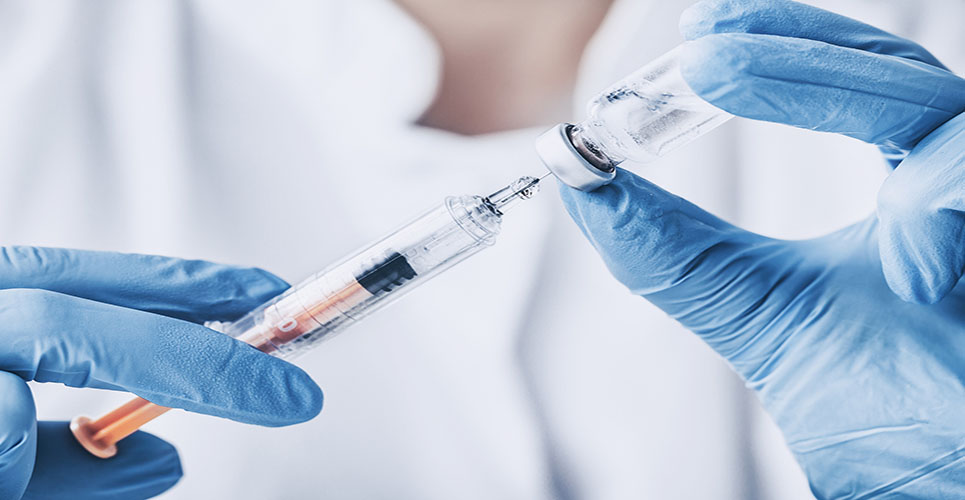teaser
GlaxoSmithKline is launching an appeal in a Russian district court after a hospital in Volgograd was ordered to suspend trials of GSK’s new MMRV vaccine, Priorix-Tetra®. The court in Volgograd ruled to halt vaccine trials on children at the Volgograd-1 Clinical Hospital after local prosecutors claimed parents did not know their toddlers were being used in clinical tests.
GlaxoSmithKline denies the claims and maintains that parents have signed informed consent forms. According to the Volgograd Prosecutor’s Office, the children’s parents were led to believe that the children were receiving routine injections of MMR vaccine Priorix, licensed and used in Russia since 2001. In fact, the children were taking part in blind trials of Priorix-Tetra, a quadruple vaccine for measles, mumps and rubella plus varicella (chickenpox) and Varilrix®, a single live varicella vaccine. All three vaccines are manufactured by Belgium-based GlaxoSmithKline Biologicals, but Varilrix and Priorix-Tetra are not yet licensed in Russia.
Prosecutors stepped in after the family of 2½-year-old Viktoriya Geraskina alleged that the girl had suffered health complications and impaired mental development after being injected with Priorix-Tetra at 18 months. Altogether 112 children in Volgograd, between one and two years of age, took part in blind trials, as part of a wider GSK study of 5,700 children in ten European countries, including 1,000 children at 14 centres in Russia. Five or six children in Volgograd are claimed to have developed learning difficulties following injections – it is not established whether these are linked to a vaccine. Under the terms of the blind trial, parents have to give informed consent for their children to participate, but neither they nor the doctors know which vaccine is given to which child. The patients’ files remain sealed until the next round of routine vaccinations at the age of six and children are monitored over a ten-year period.
GlaxoSmithKline’s Russian affiliate GlaxoSmithKline Trading, which signed the deal with the hospital to carry out the trials, denies the prosecution’s claims, including allegations that some children had prior neurological disorders. “None of the children had any health complaints registered prior to the study, otherwise they would not have been allowed to take part in the tests,” says Aleksey Brevnov, external affairs manager at GlaxoSmithKline, Russia. He says that the company has not received any complaints from the children’s parents or the insurance company. “We have not received any documentation proving any physical harm caused by the vaccinations,” Mr Brevnov said. “The very fact that the parents have signed informed consent forms is proof that the parents were informed and knew that their children were taking part in a clinical trial and not receiving routine vaccinations,” he adds. The vaccination part of the trial is complete, so the court’s decision to halt the study at this stage and to hand over confidential patients’ files to the prosecution jeopardises the next stage of the trial, i.e. monitoring the children.
GlaxoSmithKline and the Russian Railways Authority, which owns the hospital, are also contesting charges of unlicensed trading brought against the hospital. GSK argues that the Russian legislation in question does not ban non-state clinics from testing vaccines. Trials in Russia were approved by the government public health agencies in August 2005 and are being carried out in accordance with good clinical practice.
Pharma Times 05/03/2007

